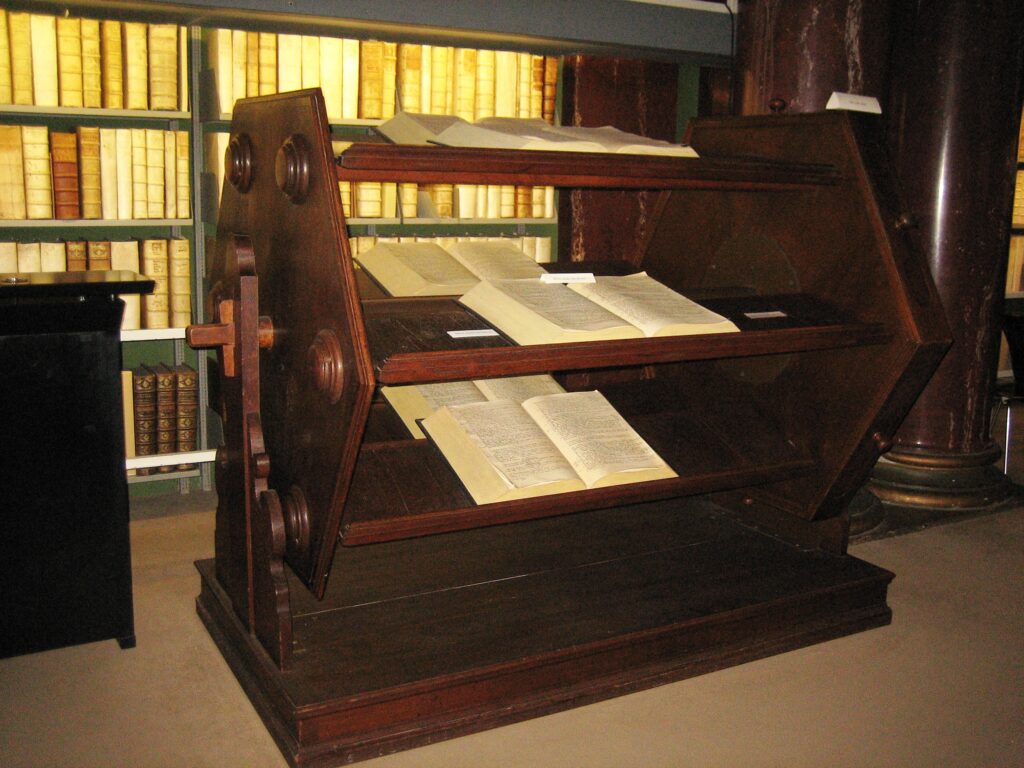Political Economy in Retrospect

Faculty:
Course Schedule:
Tuesday/Thursday 4:10 – 5:30 PM Berlin (UTC+2)
Professor: Danila Raskov
Semester: Spring 2024 (January 29 – May 21)
Subject: PS
Course Level: 200
Core module IV (BCB): Origins of Political Economy
Number of Bard Credits: 4
Course Title: Political Economy in Retrospect
Max Enrollment: 22
Schedule: Tue Thu 4:10 – 5:30 Berlin (UTC+2)
Distribution Area: Social Analysis
Cross-Listing(s): no
Language of Instruction: Russian
Having inherited the legacy of housekeeping arts, mercantilism, and politics, Political Economy as a discipline preceded modern economics. This course will address the intellectual history of the discipline understood in this evolutionary context, rather than analyze it as a political phenomena from a contemporary perspective. It aims to introduce students to the origins of modernity, state, market, and democratic institutions, and to familiarize themselves with important politico-economic texts. It will also provide them with an arsenal of concepts and thematic discussions to foster understanding and critique of contemporary economic and political realities.
The great geographical discoveries, the end of religious confrontation, and the development of trade and industry in Europe provoked a new way of thinking about relations in society and a new way of understanding human nature and the structure of political and economic systems. The political and economic thought of the 17th and 18th centuries actively conceptualized questions of natural law, political representation, and state governance practices. Relying on the history of ideas in Europe, including treatises of Bodin, Hobbes, Locke, Hume, Rousseau, and Montesquieu, along with texts of so called mercantilists (Mun and North), cameralists (Schroeder and Justi), and contributors to more “classical” Political Economy (Smith, Mill, and Ricardo), we will engage in studying the archaeology of basic concepts in Economics, Sociology, and Politics and following the dialogue between different contributors to the field. Within the question of the dissemination, translation and reception of political-economic ideas, the texts of more peripheral authors such as Radishchev and Genovesi will be examined.
Finally, students will be offered alternative views of economic and political order for analysis and discussion, from Marx’s critique of capitalism to Sieber’s economic-anthropological approach, anticipating Moss and Polanyi. The course will conclude with a critical rethinking of the legacy of political economy, embedding it in public debate and in dialogue with contemporary economic theory.
Guidelines for the Statement of Purpose:
Craft a reflective statement of purpose explaining your interest in the Smolny Beyond Borders online course. The file should be saved with your name and course title as the filename and uploaded accordingly. Your statement’s clarity and substance will significantly influence our selection. Convey your motivations and aspirations for this course succinctly but thoroughly. Kindly write your statement in the course’s Language of Instruction.
Application Portal Instructions:
1) Use the Latin alphabet for all entries on the portal, including your name. If the Language of Instruction is Russian, you may use Cyrillic only within the Statement of Purpose file, and the title of the file should still be in English.
2) Refrain from using email addresses associated with Russian or Belarusian educational institutions.
3) While completing the “Required Information” section, ensure you fill in the “Province” field for your address.
4) Provide an address outside Russia or Belarus in both the “Required Information” and “Geographic Location Confirmation” sections of the “Online Course Application”. This ensures we can send your transcript.
5) You must press the “Sign” button twice during the application.
6) If you hold a bachelor’s degree, select “4th+” in the “Academic Year (online)” section.
7) Applicants either unaffiliated or affiliated with educational institutions in Russia and Belarus should list ‘Smolny Beyond Borders’ as their educational institution.
8) In the student ID section, enter ‘SBB’.
9) Consider drafting your motivation letter ahead of time. Save it as a separate file with this format: LastName_FirstName_CourseTitle for a smoother application process.